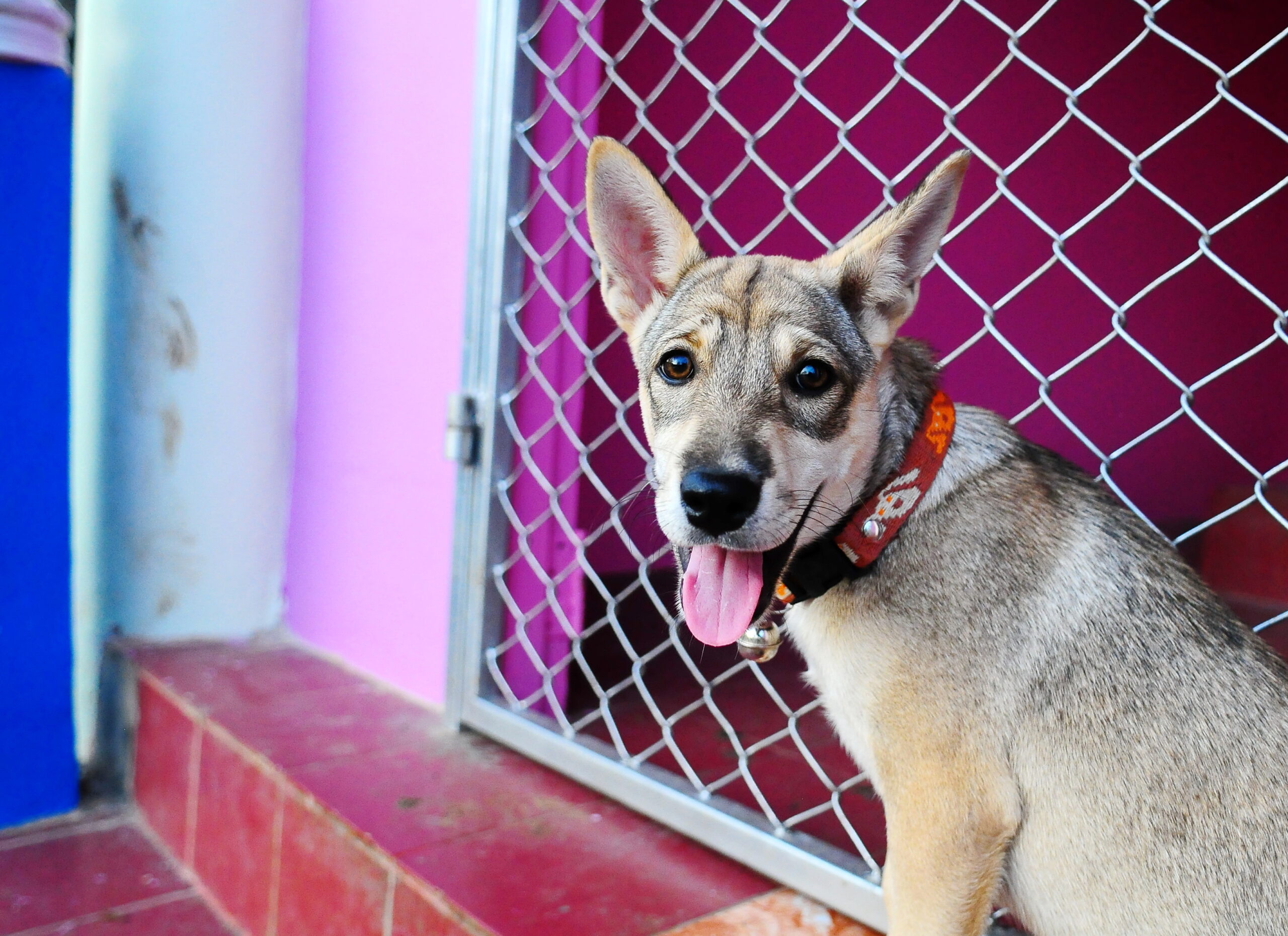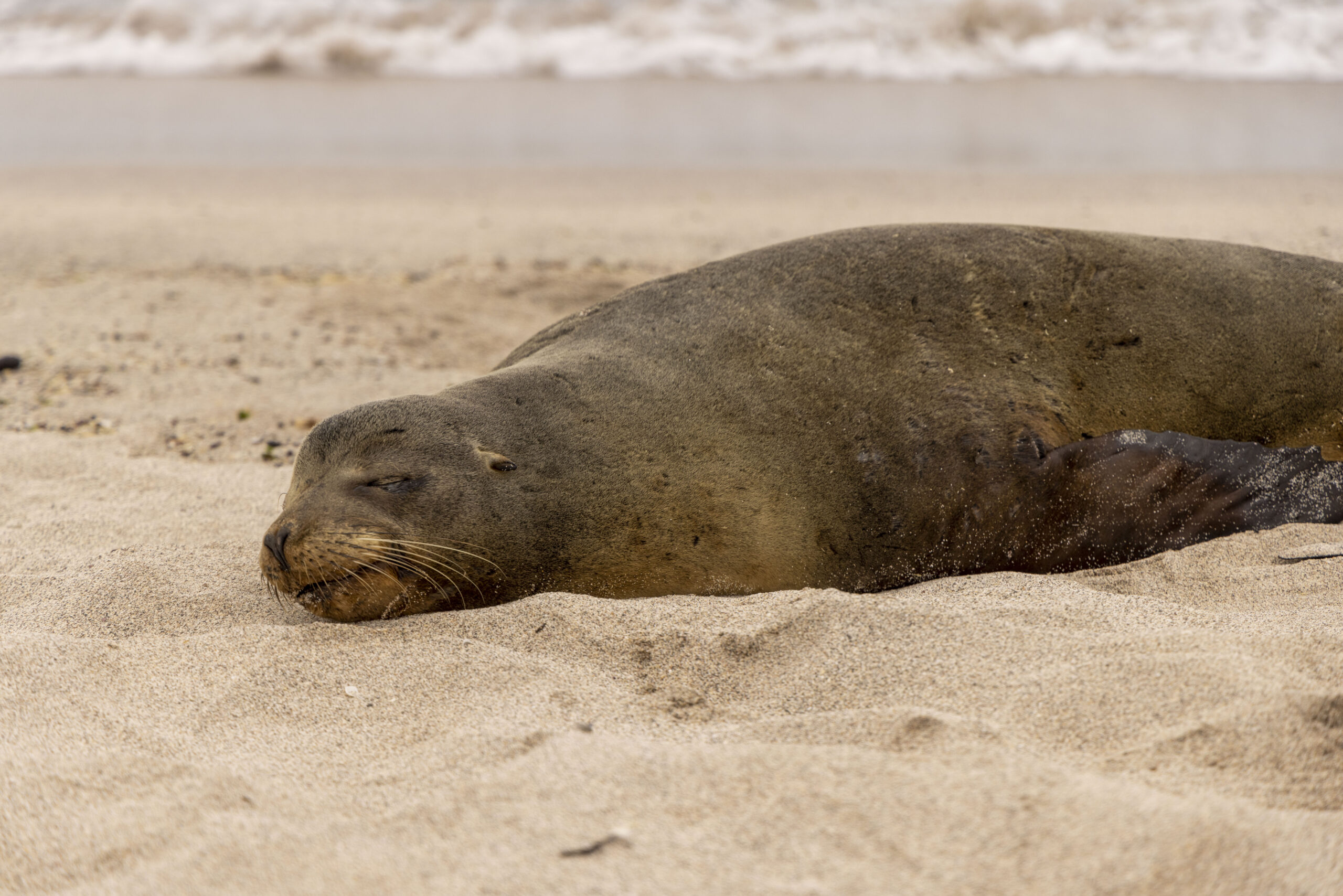Las especies endémicas de las Islas Galápagos son vulnerables a nuevos patógenos introducidos, que pueden ser transmitidos a través de hospedadores invasivos. Un ejemplo de esto son los artrópodos parásitos invasivos, cuyo éxito evolutivo está relacionado con su asociación con animales domésticos presentes en el archipiélago. Esta interacción representa un factor de riesgo significativo, ya que estos parásitos pueden cambiar de hospedador y facilitar la transmisión de patógenos entre especies domésticas y silvestres.

Este estudio tuvo como objetivo identificar la distribución y abundancia de parásitos transmitidos por vectores en perros, considerando la posibilidad de transmisión a mamíferos endémicos. El lobo fino y el lobo marino de Galápagos, han permanecido aislados de muchos de los patógenos asociados a carnívoros continentales por la ubicación remota del archipiélago. Sin embargo, la presencia masiva de especies introducidas (e.g. perros y gatos), provocaría que varios parásitos y microorganismos introducidos se vuelvan patogénicos para estas especies silvestres, lo que las hace altamente vulnerables.

Foto: Carlos Gavela
Los resultados de este trabajo establecen que los perros presentes en Galápagos son hospedadores de diversos patógenos, algunos de los cuales son potencialmente zoonóticos (enfermedades infecciosas que se transmiten de los animales a los humanos), mientras que otros podrían transmitirse a carnívoros endémicos en peligro de extinción, como los lobos marinos. Para comprender este riesgo y limitar su impacto en el ecosistema, se requiere mecanismos de control y concientización de la población local, aspectos que fortalecen las acciones de conservación de las especies endémicas del archipiélago.
Para conocer más de esta investigación ingresa a: https://doi.org/10.1186/s13071-024-06592-z



